PHL Final
1/54
There's no tags or description
Looks like no tags are added yet.
Name | Mastery | Learn | Test | Matching | Spaced | Call with Kai |
|---|
No analytics yet
Send a link to your students to track their progress
55 Terms

Rene Descartes
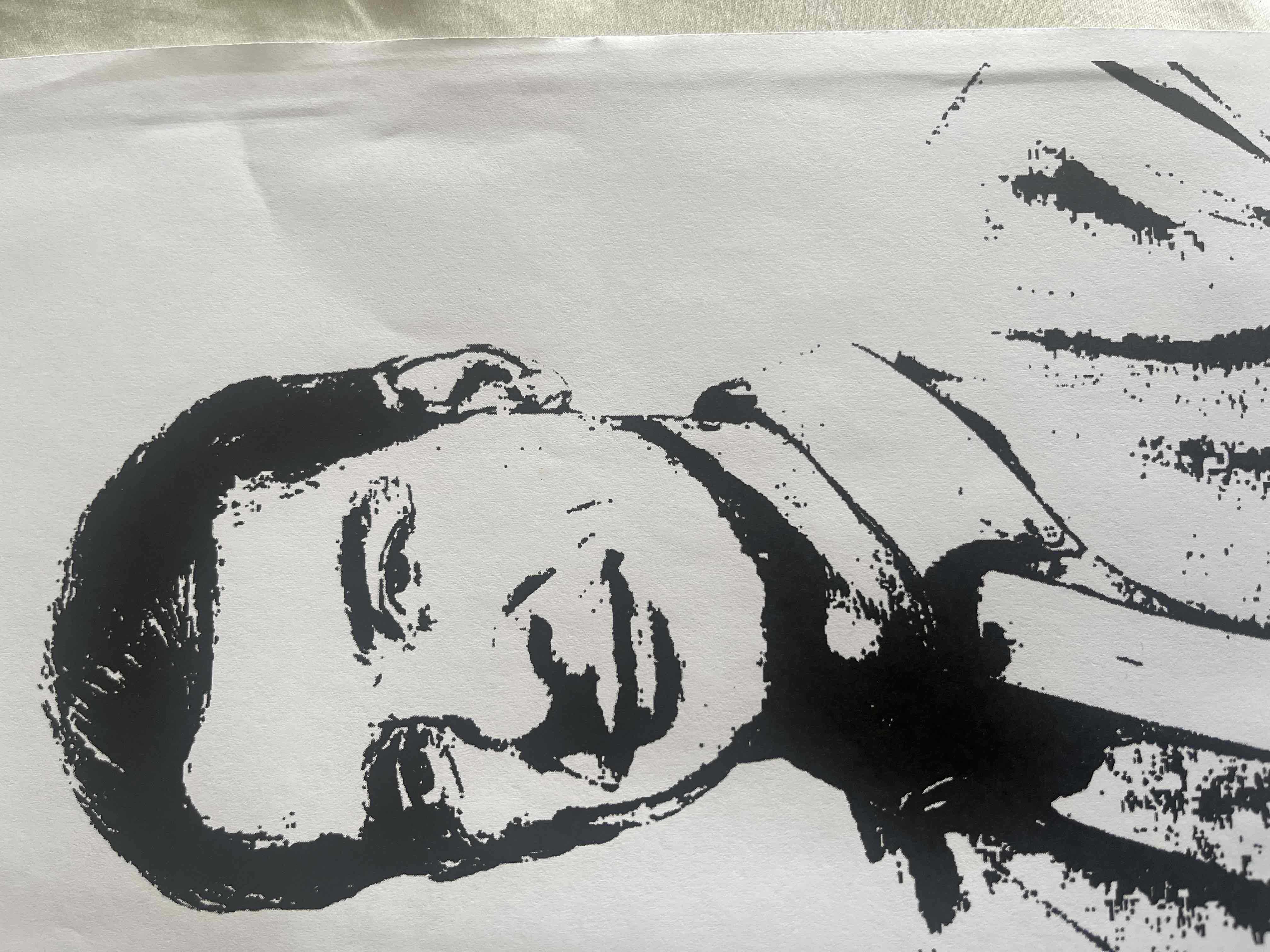
william lane craig
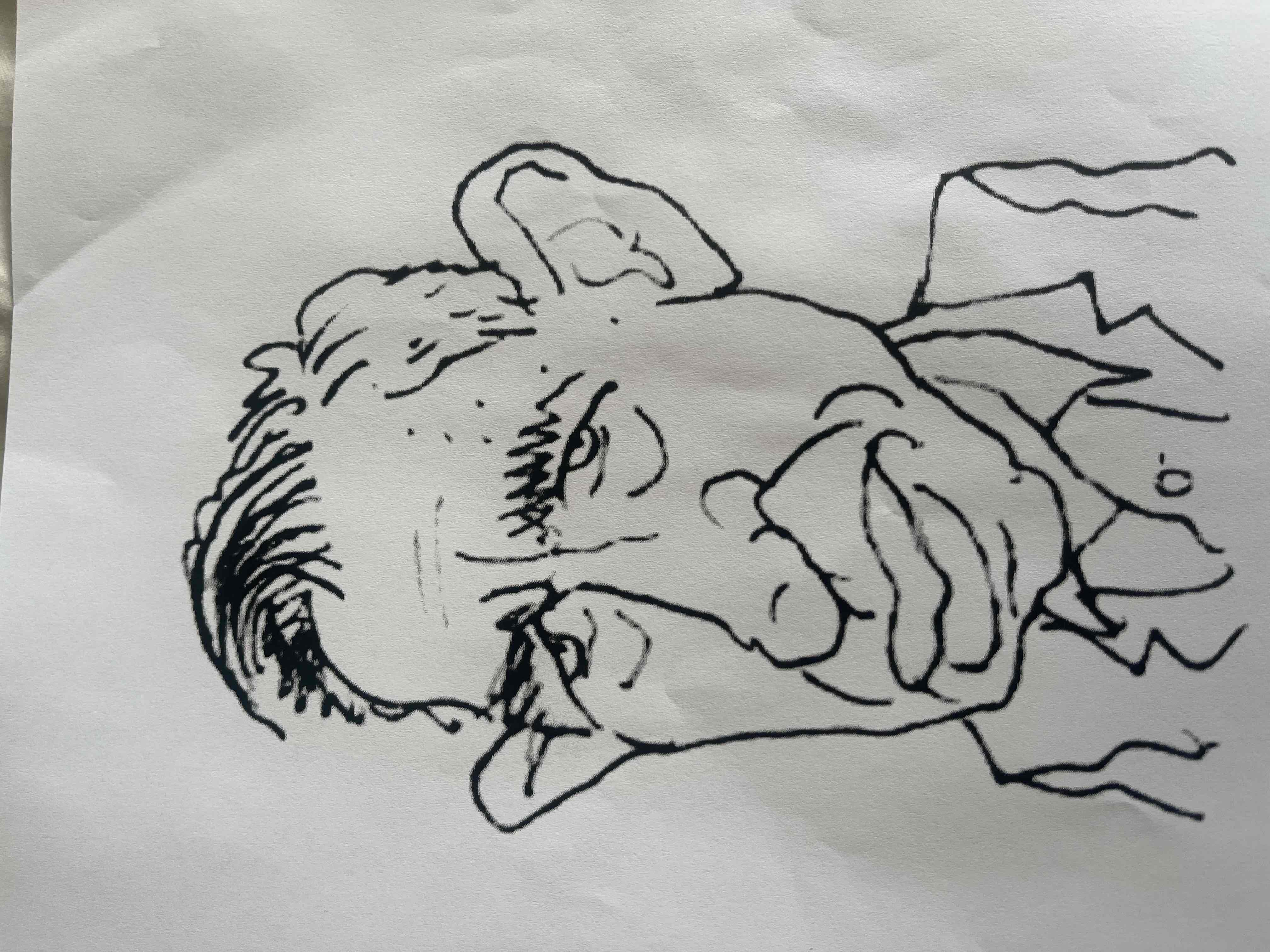
Richard Swinburne

Al-Ghazali
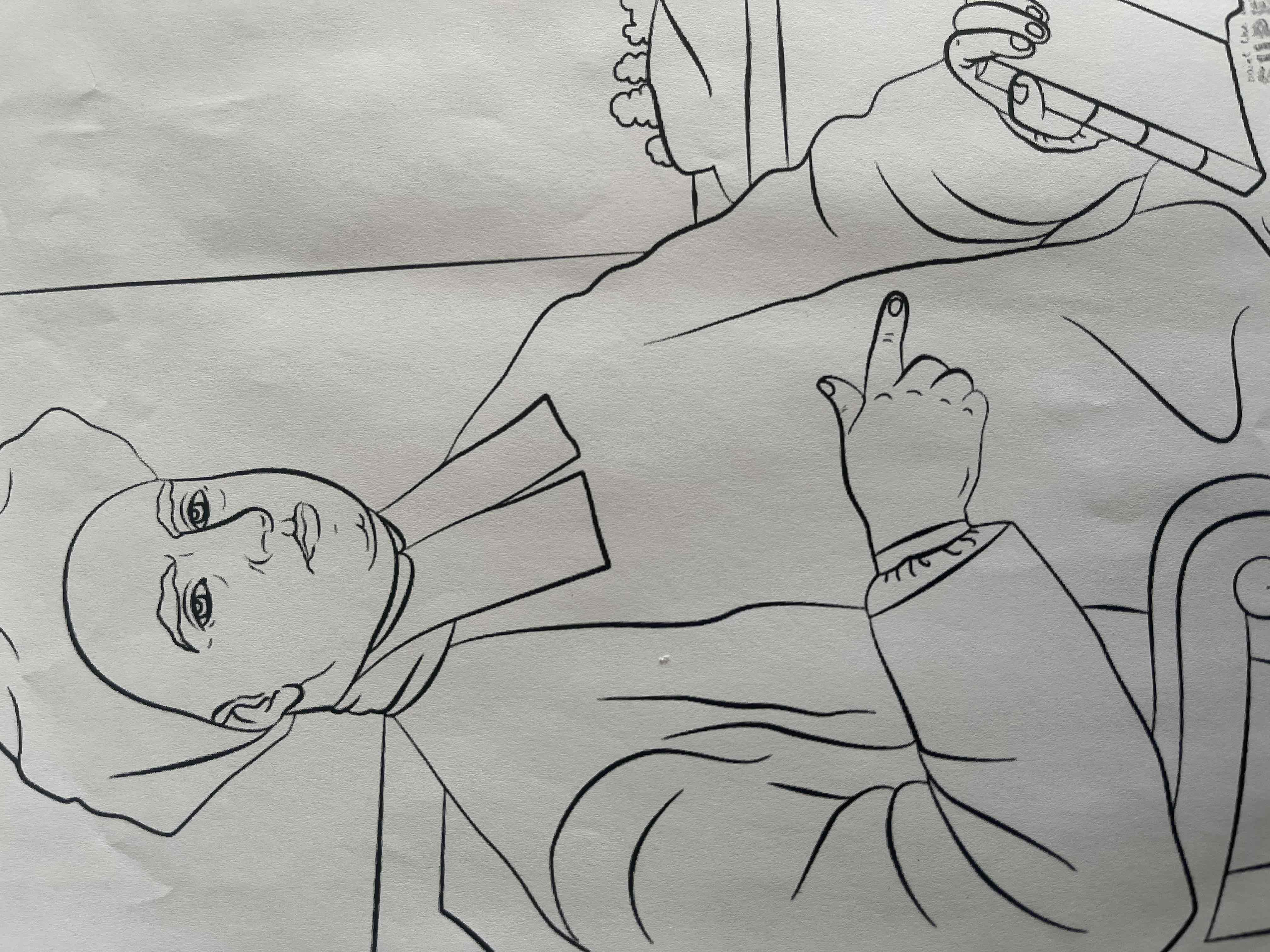
George Berkeley
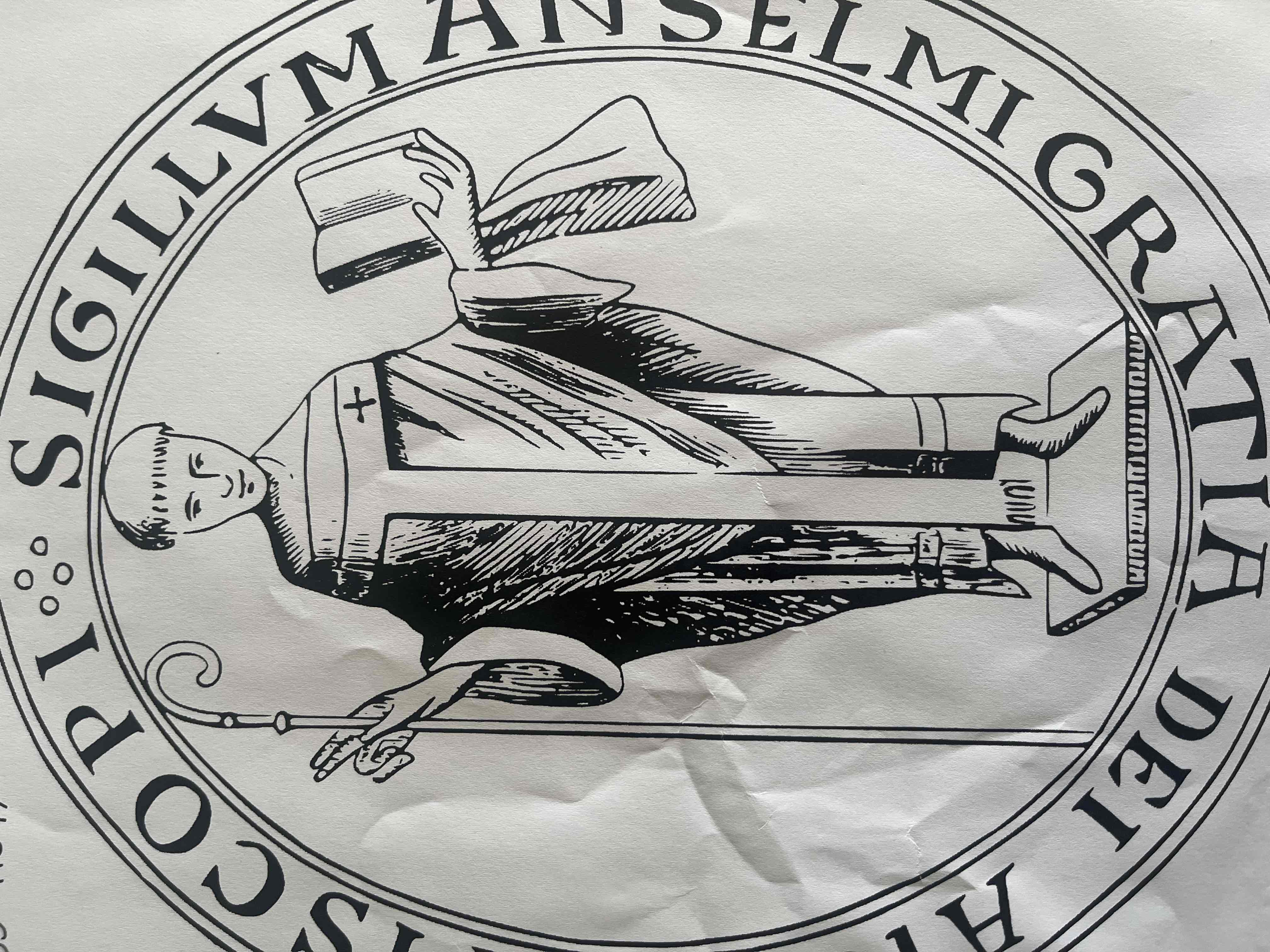
Anselm of Canterbury
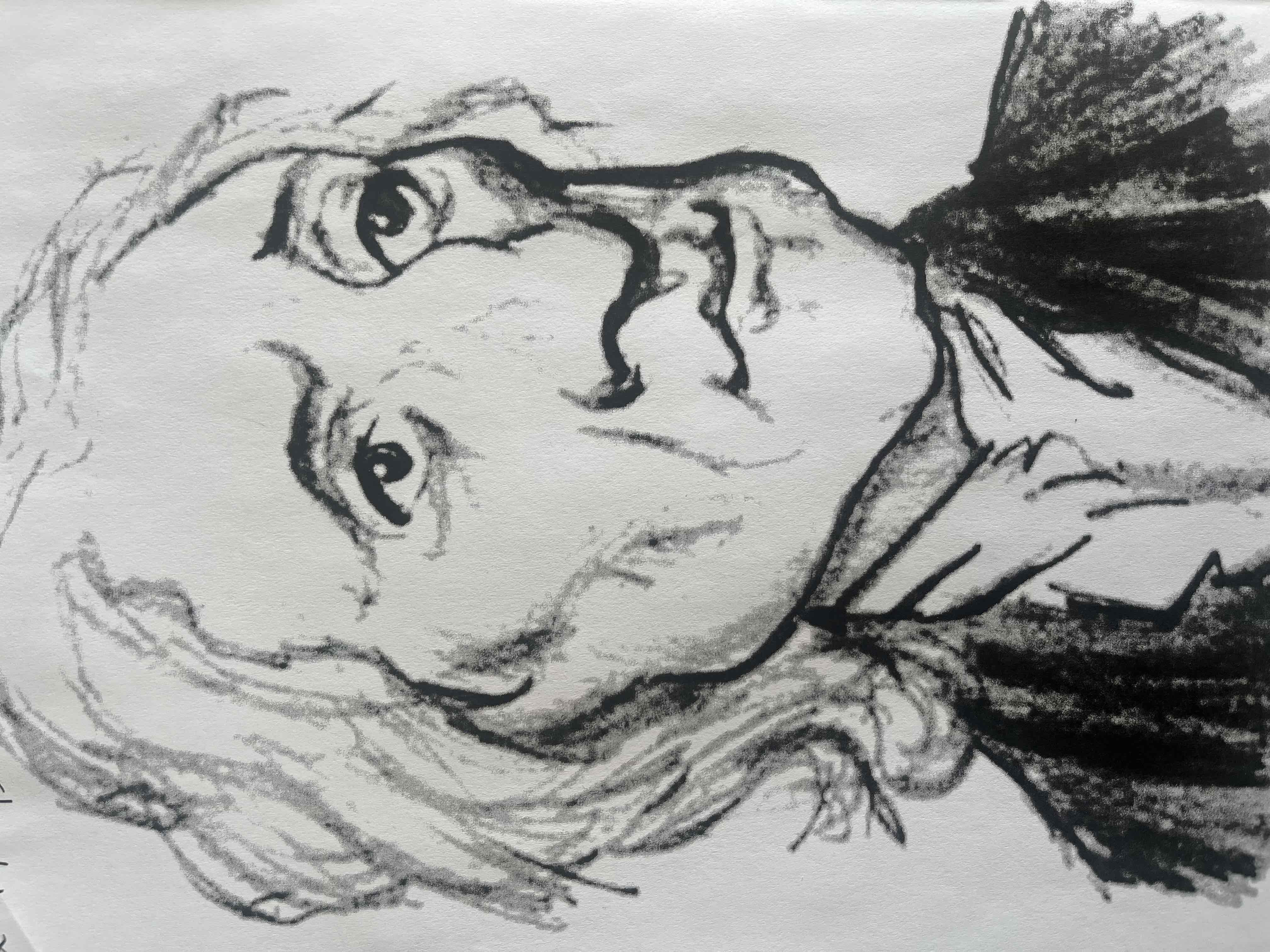
John Locke
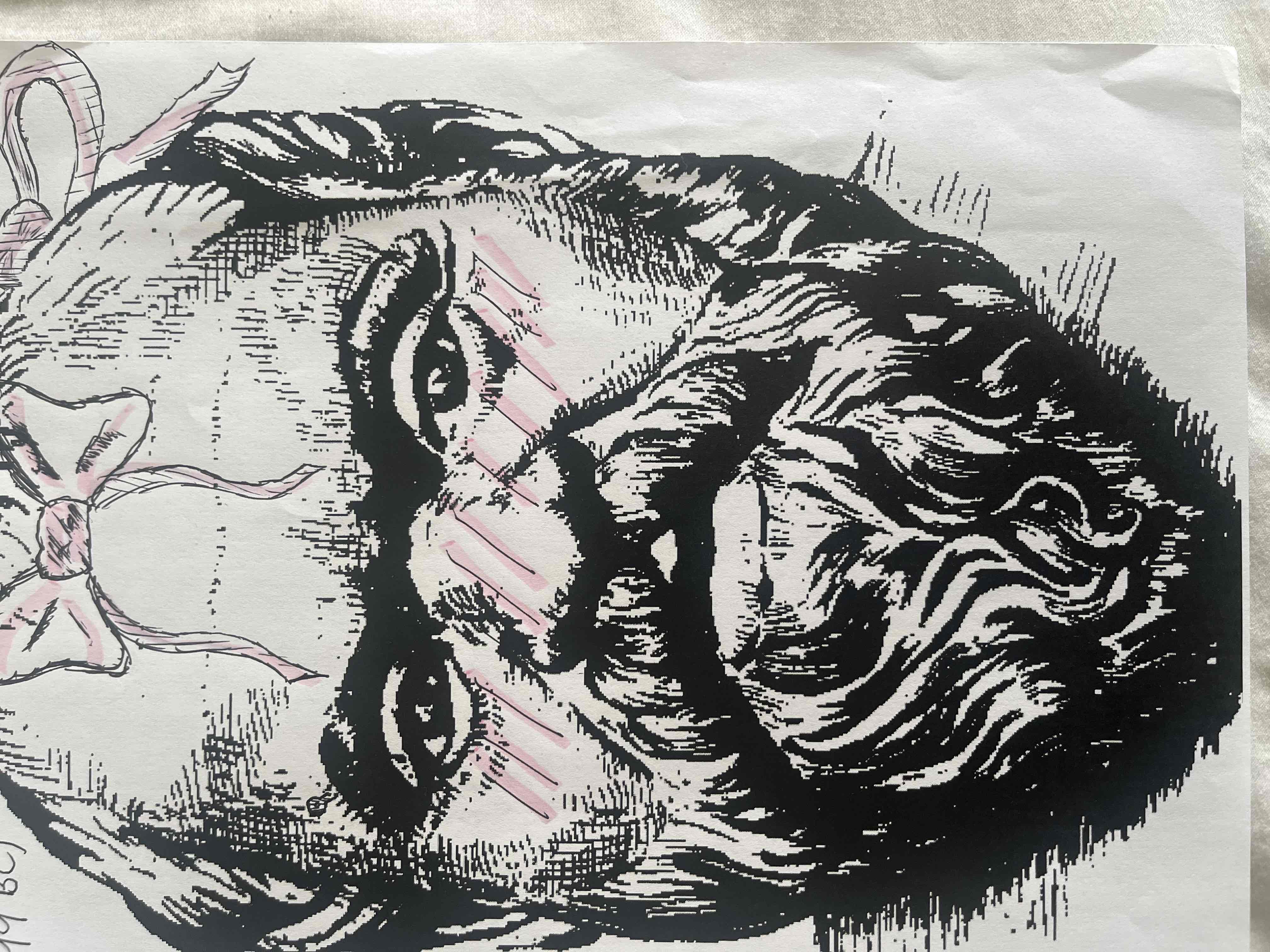
Socrates
Aristotle's definition of metaphysics as the study of being insofar as it is being.
Truths that hold for all things, not just things of a certain kind or aspect, first principles.
Fundamental Principles of Metaphysics: Principle of Non-Contradiction
A thing cannot both be and not be. I.e, you can’t be 6ft tall and not 6ft tall
Fundamental Principles of Metaphysics: Principle of Identity
A thing is numerically identical to itself and nothing else
Qualitative Identity
X is qualitatively identical to Y when X and Y are exactly alike; every quality or feature of X is also a quality or feature of Y, Vice versa
Marky kate and Ashely
Numerical Identity
X is numerically identical to Y (X=Y) when X and Y are one and the same thing X and Y are the very same entity
Bruce Wayne is numerically identical to batman
Ship of Thesus Problem
A thought experiment that raises the question of whether an object that has had all of its components replaces remains fundamentally the same object
The ship was rid of the old planks that decayed, some philosophers argued that the ship remained the same, while others disagreed
What does the Problem of Personal Identity Involve?
How one is able to identify a single person over a time interval
“What makes it true that a person at one time is the same thing as a person at another time”
The soul theory of personal identity
the key to personal identity is having the same soul
separate from one’s physical body or mind
The body theory of personal identity
Person X = Person Y if, and only if X’s body is numerically identical to Y’s body
Arises shop of thesus issue
same parts, same ship
persisting object must trace a continuous path through space and time
your body undergoes the process of cell renewal, under its own power = self caused process
REVISED body theory of personal identity
Person X = Person Y if, and only if, X’s body is spatio-temporally continuous with Y’s body
Body Theory Argument
If the body theory is true, then after the brain-transplant surgery the person with body 1 is Jennifer and the person with body 2 is Mike
but after the brain transplant surger, the person with body 1 is mike, not jennifer, vice versa
therefore, the body theory is not true
The brain theory of personal identity
Person X= Person Y if, and only if, X’s brain is numerically identical to Y’s brain
one of the most popular views when it comes to giving a theory of personal identity
Brain B is numerically identical to Mike’s brain, because it was in Mike’s body before the surgery
The memory theory of personal identity
John Locke
I am identical to a person who existed in the past as long as I can remember at least some events that were experienced by that person
Soul Theory Issues
cannot offer a principled reason to think that a soul persists through time and cannot explain why a particular soul might relate one body to another
souls either change like physical bodies over time, which would complicate soul identity, or don’t change, which does not align with body changes
Body theory issues
some body changes resulting from external causes must be consistent with personal identity.
brain transplant example
Brain theory issues
the memories of a person are linked to that person’s brain, the brain harbors the memories that responsible for the psychological qualities that define one’s personal identity
Memory theory issues
one may not have any recollection of their life as a young person, so it is not identical to themselves
Mind-Brain Identity Theory (Materialism)
Conscious mental states just are physical states of the brain
brain state = mental state
brain = mind
the state of mind is the same as brain processes; that mental state is the same as the physical state of the brain
Materialism
everything that truly exists is matter; everything is material, thus all phenomena we see are a result of material interactions
Substance Dualism
states that your brain (physical) is separate from mind (nonphysical)
conscious mental states are states of a distinct, immaterial substance (the soul) which casually interacts with the brain
friendly to idea of afterlife
Property Dualism
Agrees with substance dualism by seeing mental states as separate from brain states
conscious mental states are properties of the brain, albeit non physical sources - but are properties of the brain instead
when I imagine an apple, you won’t find an apple in my brain
Substance Dualism Afterlife
our conscious mental lives are features of a non-physical entity —> the soul
afterlife friendly
Mind Brain Theory Afterlife
Afterlife is impossible because both the mind and brain are the same
Property Dualism - Afterlife
brain states cause mental states = no afterlife
Mental States
knowledge
beliefs
feelings
intentions
desires
memories
Brain States
The chemical and neurological organization of our brains
Lebiniz’s Law
X has a feature, F —> X is F
Y does not have a feature F —> Y is not F
Therefore, X must be a distinct thing from Y —> X does not equal Y
my physical body has a feature, I can doubt that I have it. My mind doesn’t have that feature, I cannot doubt that I have it
Therefore, my mind must be a distinct thing from my physical body (Substance Dualism)
Richard Swinburne, Direct Privileged Access, Refuting Mind-Brain Identity Theory
Refers to the sense in which an experience is directly available in consciousness and not mediated by some other mental process, such as thinking or memory
Contrasts with indirect, mediated access
Brain states don’t have this feature
How Richard Swinburne uses Leibniz’s Law to establish Property Dualism
Brain states and mental states don’t have the same qualities —> materialism is false
We have direct, privileged access to our mental states
we do not have direct, privileged access to our brain states
therefore, mental states do not = brain states
Split Brain Though experiment and Swinburne proof of souls
However much we know about what has happened to a person’s brain, and to every other part of that person, we don’t know what has happened to that person
—> there must be more to it than the body and brain are made, a further immaterial that connects a person’s body and brain —> soul
Why does the Split Brain Thought Experiment raise a problem for Memory and Brain theory of personal identity ?
The person who’s brain is being transferred is not going to that other body, including death.
While brain theory of personal identity shows that this person can’t be the other because the one person giving the brain to the other has no brain
What Materialism (Mind-brain identity theory) says about the mind-brain relationship
both mind and brain are one in the same —> same function and provide thoughts, feelings, and knowledge
Scott Sehon against Substance Dualism, Simplicity Principle
Given two theories, it is unreasonable to accept one. That leaves significantly more unexplained mysteries than the other. (Simplicity Principle)
Substance Dualism leaves significantly more unexplained mysteries than Materialism concerning observed facts about the mind
Therefore, it is unreasonable to adopt Substance Dualism. Materialism is the more reasonable theory of the nature of the human mind.
Free will as involving “alternative possibilities”
something caused you to choose something
“Ought implies can” or why moral responsibility requires free will
It is the only thing you could have done, while you are being held morally responsible for that action
Determinism
Every event has a cause. IF something happens, it can be explained by it happens (at least in principle)
things don’t happen for no reason whatsoever
Hard Determinist Beliefs
Every event has a cause
our actions are events
therefore, our actions have causes
if our actions have causes, than we do not have free will
therefore, we do not have freewill
Compatibilism
determinism is true, we have free will
therefore, the two are compatible
Incompatiblism
Free will can only exist if determinism is false, we have to choose between excepting determinism or free will
determinism is incompatible with free will
The Incompatibilists view of free will, and why Compatiblists (WT Stace) think it’s wrong
they don’t understand the meaning of free will
they believe (INC) , the existence of free will is incompatible with the truth of determinism (everything has a cause)
WT Stace (COMP) definition of Free Will
**key “ingredients” —> the action is caused by the will of the agent + the action is performed without constraints
an act done freely is caused by desire/wants/motives
once could have done something differently
external circumstance is not free will
Example of Ghandi and Nigel
According to Stace, why is free will not compatible with determinism, but rather requires it
there was a cause for the action, Ghandi is using both free will and determinism together to protests, showing they are compatible
free actions have causes
Counterexample to Stace’s definition of free will
The behavior of animals vs. behavior of the insane
an event that is caused by the mental states of the agent is a free action
acting without constraints. If this definition is correct, animals have free will
animals don’t have free will, his definition is correct
Why does the nature of cause and effect raise a problem for compatiblism ?
The caused comes before the effect
the cause is in the past relative to the effect
the past determines the future
we have no control of the past, therefore we have no control of the future
Libertarianism
we have free will, but determinism is incompatible with free will
therefore, determinism is false
actions are uncaused
How does quantum mechanics play into the view of Libertarians?
The argument of hard determinism is false; Not every event has a cause, some events, like in quantum mechanics specifically, are uncaused
Why does Indeterminism (embraced by Libertarians), raise a problem for moral responsibility
the future is not fixed by the past
indeterminists challenge the idea that all events are casually necessitated by events in the past and consider the possibility that the same past can lead to different future states
there is no place that indeterminism can be introduced that would result in actions for which agents can be held responsible